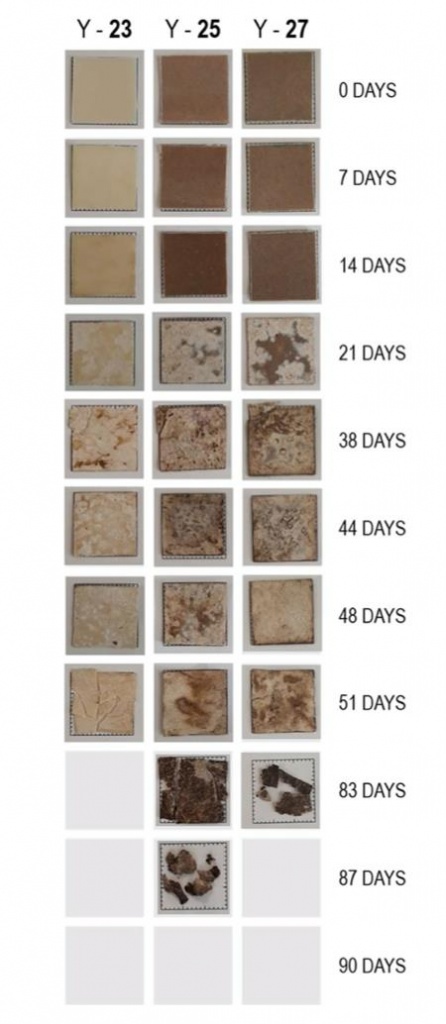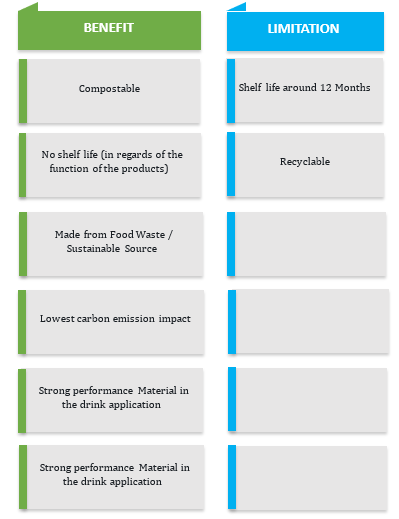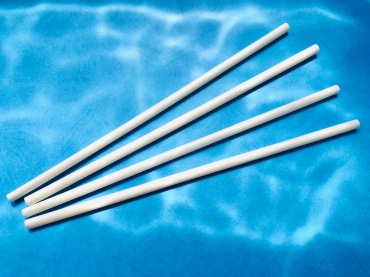A large variety of micro-organisms (Pseudomonas Putida, Ralstona Eutropha, a.o.) make different types of PHA materials comprising more than 150 different building blocks or monomers depending on the available nutrition in their environment.
However, the molecular weight of these PHA materials occurring in nature is too low to use them for applications where petroleum plastics are used.
Today there are 9 different PHA material families, which all have different properties, so they can cover a broad range of applications for durable, structural and one-time-use articles.
Among these product families are PHB, PHBV, PHBH and others. They cannot simply replace each other since each of them span a different range of properties:
- Molecular weights ranging between 300,000 and 1,000,000 D;
- Polymer melt temperatures for the crystalline products ranging between 60 and 170 oC;
- Tensile modulus ranging between <10 and >1,000 MPa;
- Tensile yields ranging between <1 and 45 MPa;
- Elongations ranging between <1% and >1,000%;
This is a clear demonstration that one cannot simply talk about PHA as a single product.
One unique property all these PHA product families possess is their biodegradable behaviour in soil, in water, in aerobic and anaerobic conditions and when subjected to bacteria or fungi, albeit that the pace of degradation also depends on the PHA-product composition, the part thickness and other external conditions. In essence biodegradation of PHA products are tunable to suit individual requirements, where biodegradation times depend on the form factors and the external conditions. This versatile biodegradation behaviour ensures that no PHA-micro-plastics will remain in the environment over time.
PHA materials can substitute petroleum plastics for one-time-use applications that often by design or improper waste management end up in the environment (e.g. micro-beads in cosmetic products or drinking straws). Biodegradation of PHA materials in all environments (compost, soil, water) is comparable to or faster than cellulose (i.e. paper).







